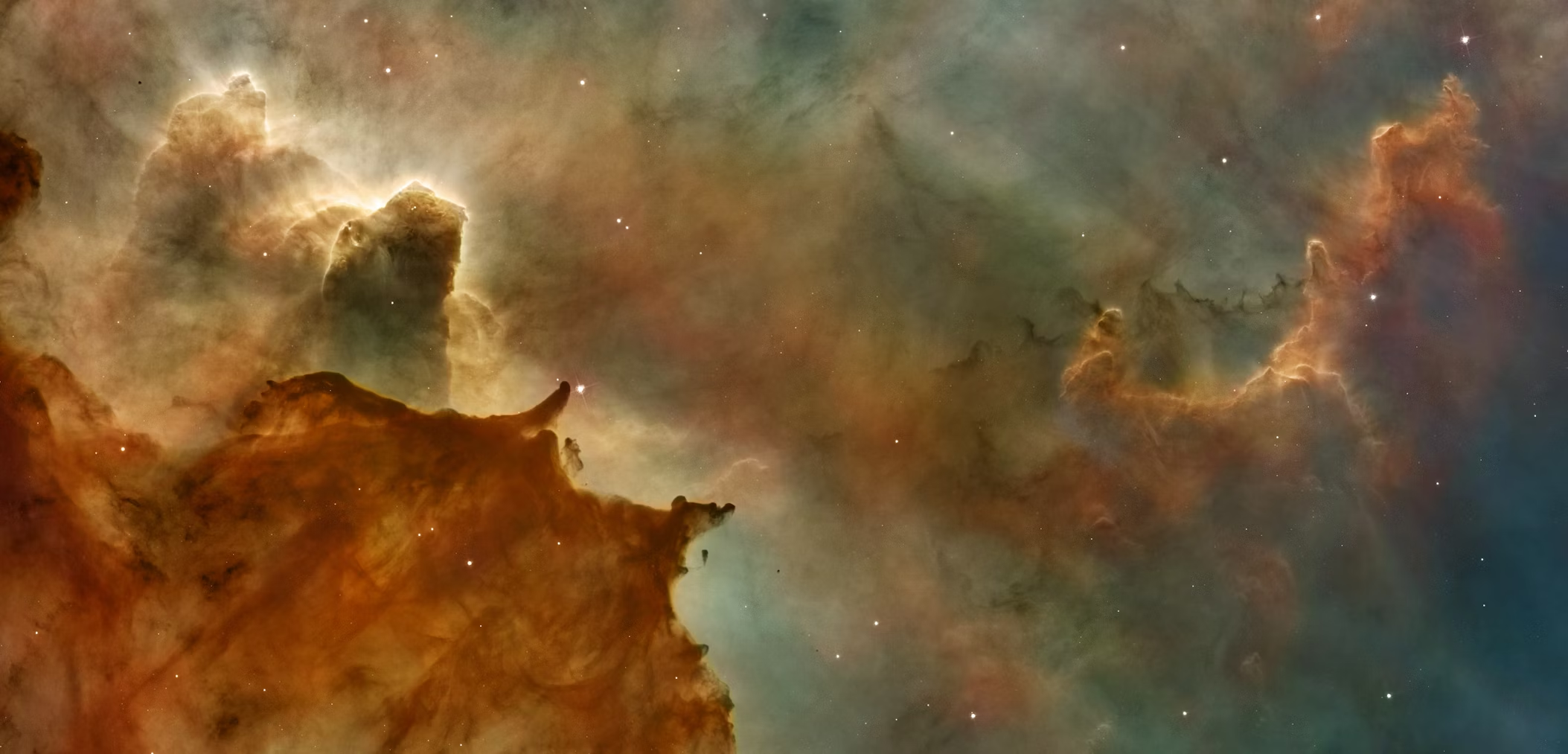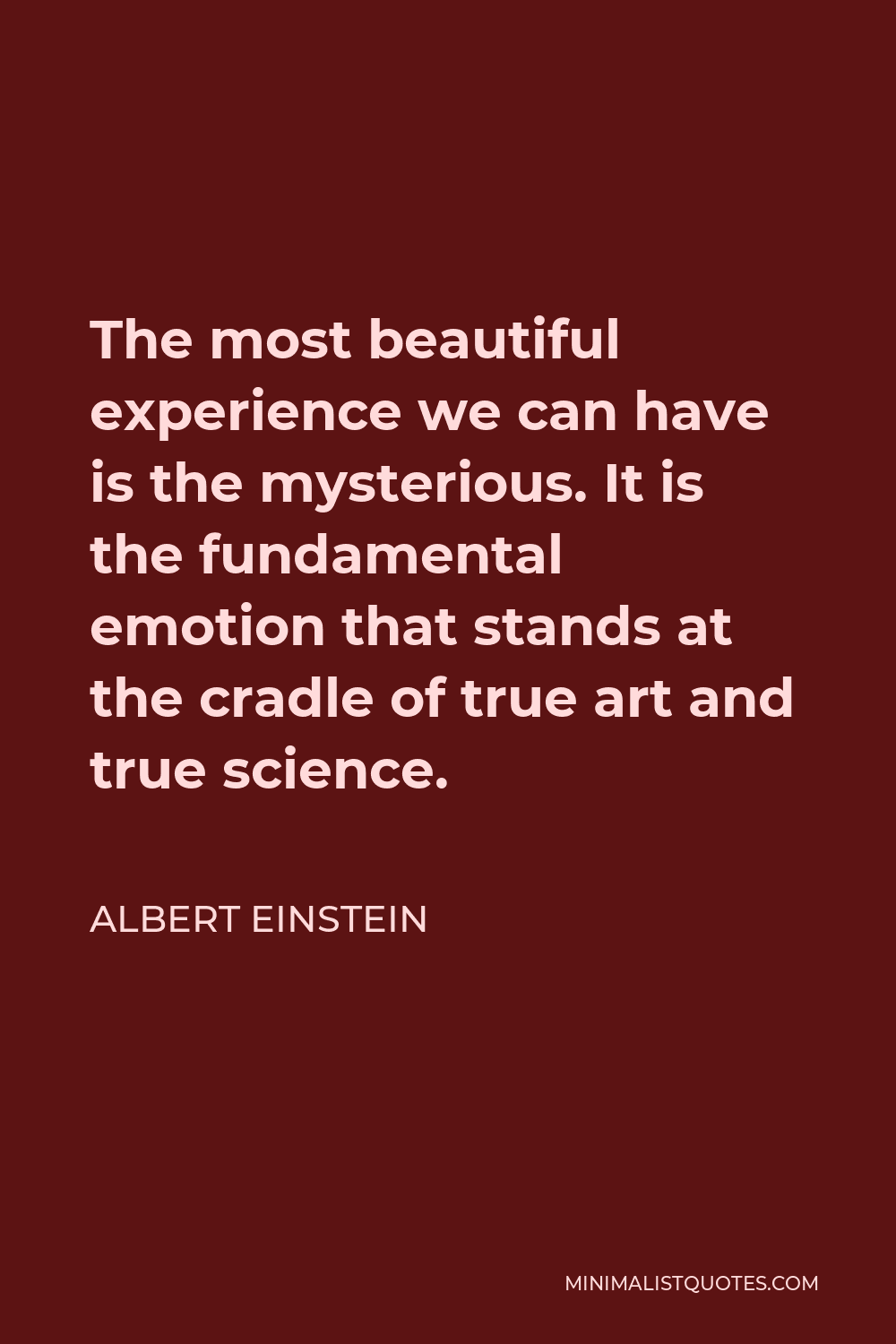Religion
"The search for truth is more precious than its possession." – Albert Einstein.
I feel like I should declare at the outset that I am an atheist. I do not believe in anything that cannot be justified by hard evidence; this rules out almost everything that is considered spiritual or supernatural. According to me, there is no real truth value in any religion's claims about our physical, material world. The scientific method is the best and only tool that we can use to figure out objective truths about our universe. Thanks to science, we can communicate at the speed of light, treat illnesses that used to kill millions, or even send a probe to one of Jupiter's moon. It is absolutely astounding how science has allowed us to learn incredible things about ourselves and the universe. Most importantly, science does not ask for blind submission—it is a self-improving process rather than a fixed ideology.
Still, I love learning about religions and systems of belief because these are an undeniable part of the human story. Our religious instincts have inspired both great and terrible things. The divine narratives and revelations, when seen as interpretable sources rather than the literal gospel, can be very useful for personal and even social moral grounding. Even as a self-professed non-religious person, I cannot help but feel the awesome beauty that is alluded to in almost all devotional artifacts. I enjoy listening to religious hymns and songs, even though I know they are not "true." They're able to scratch an itch that seems to me almost biologically ingrained—the primordial search for our place in the universe.

The feeling known as "Mysterium Tremendum et Fascinans" describes the fearful and overwhelming aspects of transcendental religious experience. But I do not believe that religions should have the primary monopoly on the terror and awe associated with divine connection. One should be able to revel in and feel these aspects of human existence via all kinds of different routes. For me personally, art, science, stories, and connections are all equally valid sources of such awesomeness and inspiration as revelation. As an atheist, I have found solace and beauty in a lot of things. The Theory of Evolution is something that tends to have an almost visceral effect on me. I've even found myself indulging in pseudo-religious rituals, like quoting from The Lord of the Rings at times when I need some heartening.

When I say that I am an atheist, some people come to the incorrect assumption that I must hate all aspects of religious expression and am actively crusading to eradicate religion from the face of the earth. So, let me make my stance on this clear: The thing that I am fully against is dogma—believing things without any reference to logic or evidence. Religions neither are, nor should be, completely dogmatic; they are just a way to satisfy our evolutionary need for meaning—the yearning for some semblance of absolute truth that is present in all of us. But, the problem is that some people use the guise of piousness to restrict others by claiming to be in the sole possession of the capital-T Truth. That is the sole thing I fight against.
There is no absolute moral truth!
Values are something we construct ourselves.
On the one hand, I find myself opposing religions because of their imposition of moral dogma. I beleive that a religious ideology can never be nearly as robust a source of truth as more logical approaches like the scientific method. But, I am also sensitive to the fact that people need some way of making sense of this absurd universe that we inhabit. If I had the ability to eradicate all religious belief from everyone on Earth would I exercise it? I don't think so. Maybe, if I knew what to put in their minds in the place of religion. For me personally, art, science, and rational philosophy fill in this gap comfortably. But, I don't know whether these things would be a good fit for everyone.
Religious experience is an essential part of being human. But, it doesn't need to completely eclipse all the other sources of truth. The human story is vast and multifaceted. Science and art also have an irrefutable role in making us who we are. Moreover, it is very important for us to be wary of tribalism, and never allow religion to be used as a means to divide us. It's very easy in today's day and age to fall into the trap of identity politics and start believing in "us" vs "them" narratives that are being manufactured by the higher ups to control us. I think it can be really useful to ask ourselves this simple question whenever our religion sways our actions: Is our religion being used as a vessel for our hatred or our compassion?